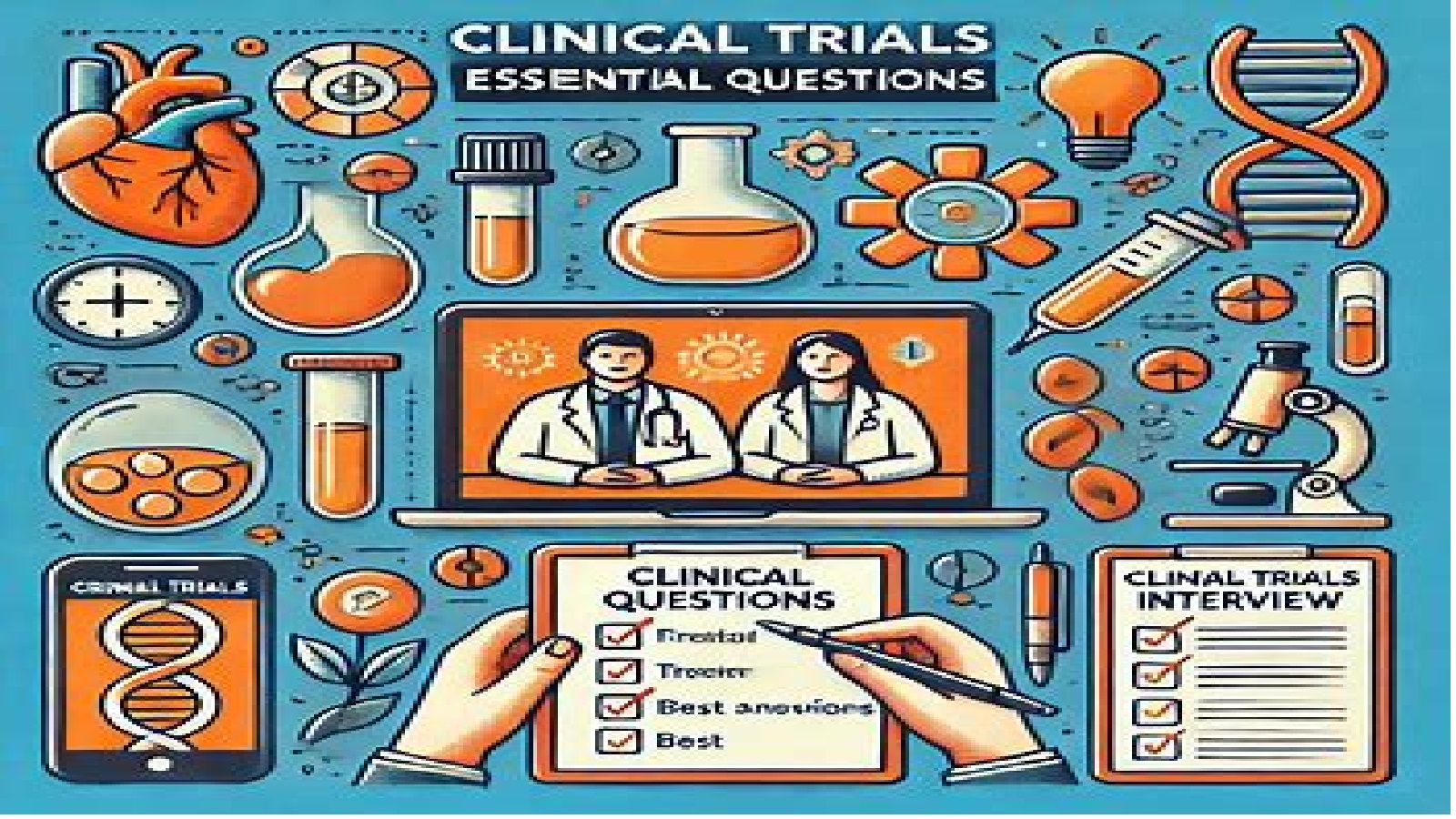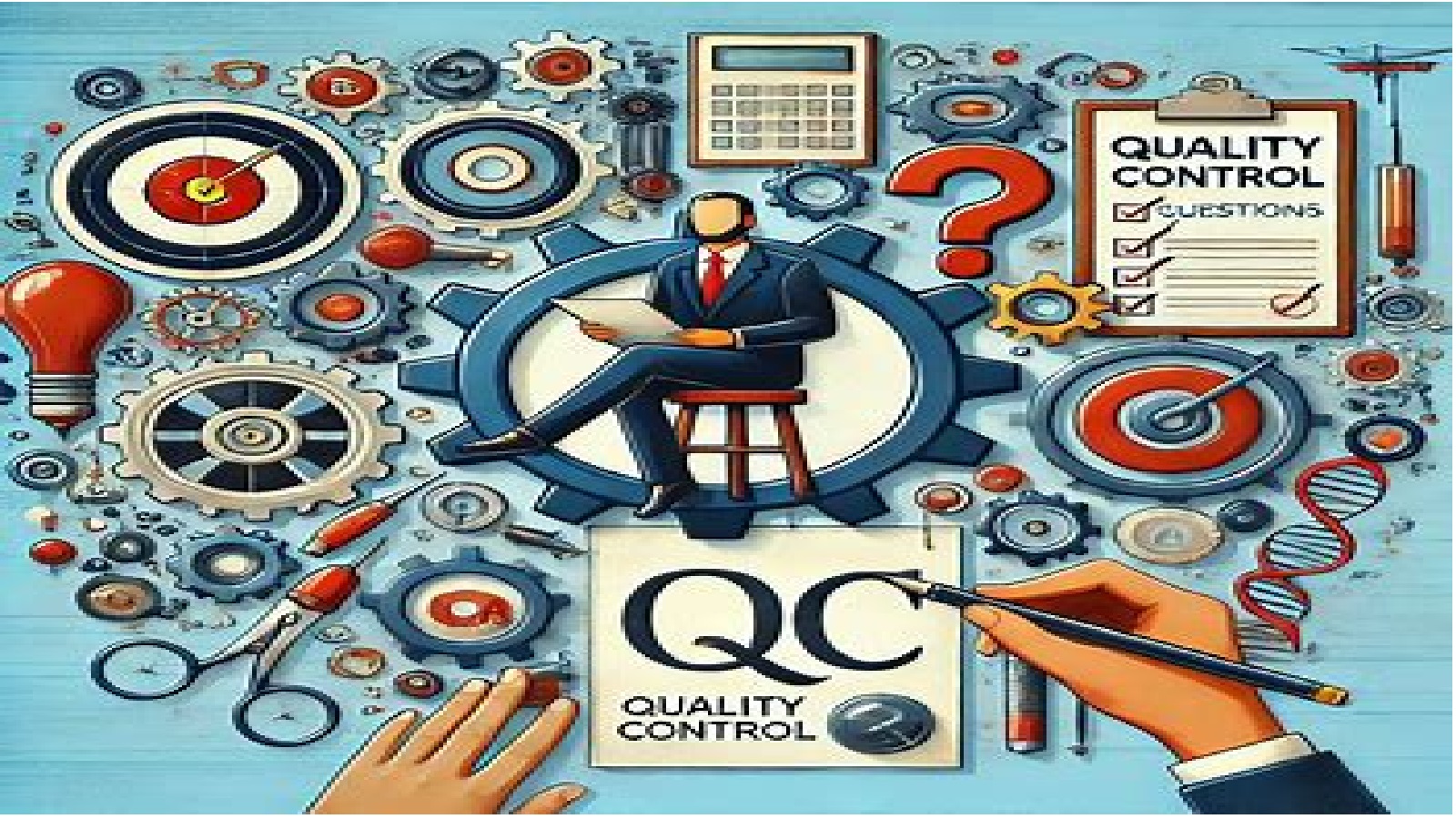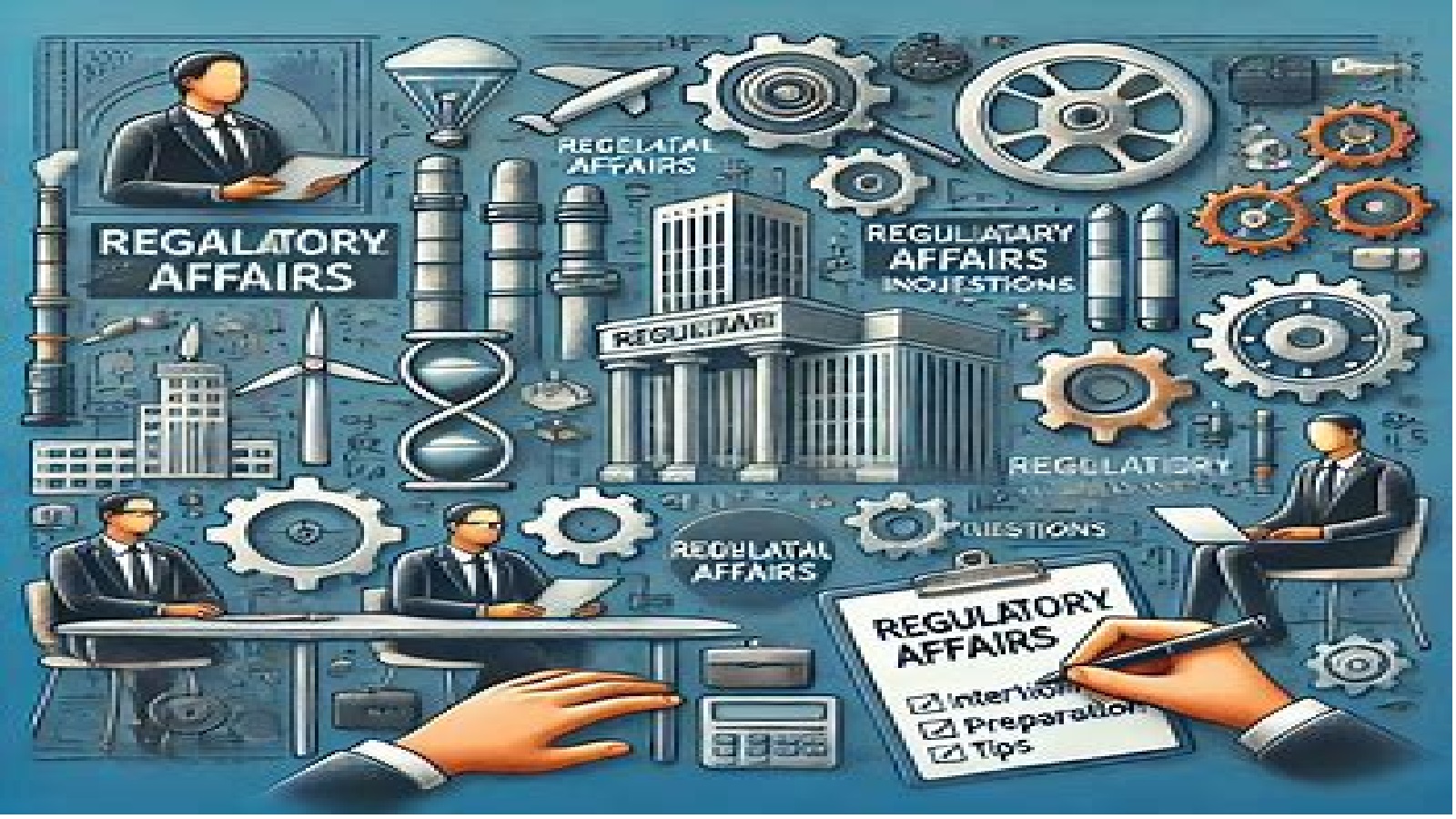Clinical trials are a crucial part of medical research, providing insights into new drugs, therapies, and medical devices. If you’re preparing for an interview in this field, it’s important to be ready for questions that assess both your technical expertise and your ability to handle real-world challenges in clinical research. Here’s a comprehensive guide to some essential questions you might face during a clinical trials interview and the best ways to answer them.
1. Tell Us About Your Experience with Clinical Trials.
Best Answer:
When answering this question, provide specific examples from your experience. Highlight your involvement in various stages of clinical trials, such as planning, participant recruitment, data collection, or analysis. If you’ve worked with different phases of clinical trials (Phase I-IV), mention those too.
Example:
“I’ve been involved in clinical trials for the past five years, specifically in oncology studies. I have managed Phase II and Phase III trials, ensuring adherence to protocols, patient safety, and accurate data collection. I’ve worked closely with regulatory bodies to ensure compliance and have gained hands-on experience with trial management software.”
2. What is Good Clinical Practice (GCP), and Why is it Important?
Best Answer:
GCP is an international quality standard that ensures clinical trials are conducted ethically and scientifically. Your answer should emphasize the importance of participant safety, data integrity, and regulatory compliance.
Example:
“Good Clinical Practice (GCP) is a set of international guidelines that ensures clinical trials are conducted ethically and with high scientific standards. It is essential for ensuring patient safety, maintaining the integrity of data, and adhering to regulatory requirements. GCP guidelines cover various aspects, including informed consent, protocol adherence, and monitoring of adverse events.”
3. How Do You Handle Adverse Events During a Clinical Trial?
Best Answer:
In clinical trials, adverse events are unexpected and undesirable outcomes that may occur during the study. Show your understanding of the procedure for reporting, documenting, and addressing adverse events.
Example:
“Handling adverse events involves timely reporting and documentation. As soon as an adverse event is identified, it is important to assess its severity and impact on the participant’s health. The event must be reported to the relevant stakeholders, including the Ethics Committee and regulatory authorities, within the specified timeframe. I ensure that appropriate action is taken, including adjusting the protocol if necessary, and that the participant’s safety is always the priority.”
4. What Role Does Data Management Play in Clinical Trials?
Best Answer:
Data management ensures the accuracy, reliability, and confidentiality of data collected during clinical trials. You should emphasize the importance of data quality and compliance with regulatory standards.
Example:
“Data management is critical to ensuring the integrity of clinical trial results. It involves the collection, validation, and analysis of trial data, as well as ensuring compliance with regulatory standards such as 21 CFR Part 11. Proper data management ensures that data is accurate, consistent, and secure. In my role, I have worked closely with data management teams to oversee the quality assurance processes and ensure the data is available for analysis within the trial timelines.”
5. How Do You Ensure Compliance with Regulatory Requirements?
Best Answer:
Clinical trials must comply with numerous regulations, including local and international guidelines. Your answer should demonstrate your awareness of key regulatory bodies, such as the FDA, EMA, and ICH, and how you ensure compliance at every stage of a clinical trial.
Example:
“Compliance with regulatory requirements is essential in clinical trials. I ensure adherence to protocols, GCP guidelines, and regulatory requirements throughout the trial. I keep up to date with guidelines from regulatory bodies such as the FDA, EMA, and ICH. Additionally, I work closely with the compliance team to ensure all documents are in order, that timely reports are submitted, and that any amendments to the trial are properly communicated to authorities.”
6. Can You Explain the Difference Between Randomized and Non-Randomized Clinical Trials?
Best Answer:
This question tests your understanding of study design. Provide a clear distinction between randomized and non-randomized trials and discuss their uses.
Example:
“Randomized clinical trials (RCTs) involve randomly assigning participants to different treatment groups, which helps reduce bias and allows for more reliable results. Non-randomized trials, on the other hand, do not use random assignment, and participants may self-select into treatment groups or be assigned based on other criteria. RCTs are considered the gold standard for clinical trials due to their ability to minimize bias and produce more accurate findings.”
7. How Do You Deal with Ethical Dilemmas in Clinical Trials?
Best Answer:
Clinical trials often present ethical challenges. Your answer should highlight your commitment to participant welfare, the importance of ethical approval, and how you manage potential dilemmas.
Example:
“Ethical dilemmas are an inherent part of clinical trials, and I always prioritize participant welfare above all. I ensure informed consent is obtained, ensuring participants fully understand the trial, including any risks involved. In case of ethical challenges, I consult with the ethics committee and follow GCP guidelines. My approach is transparent, prioritizing participant rights, safety, and the integrity of the trial.”
8. What Steps Would You Take to Recruit Participants for a Clinical Trial?
Best Answer:
Participant recruitment is often a challenge in clinical trials. Your answer should include strategies for effective recruitment, from community outreach to ensuring diversity.
Example:
“To recruit participants, I first ensure the trial is well-advertised to target populations, using various platforms such as social media, medical institutions, and patient registries. I work with physicians to identify eligible patients and educate them about the trial. It is important to ensure diversity in the trial, so I actively engage with underserved communities to offer them the opportunity to participate.”
9. What is Your Approach to Managing Clinical Trial Budgets?
Best Answer:
Managing the budget is a key responsibility in clinical trials. Your answer should demonstrate your ability to monitor and control costs while ensuring the trial meets its objectives.
Example:
“My approach to managing clinical trial budgets involves careful planning and ongoing monitoring of expenses. I ensure that resources are allocated efficiently and that any cost overruns are identified early. I regularly review financial reports and adjust the budget as needed to stay within the limits. This requires effective communication with the finance team and external vendors to negotiate the best prices for supplies and services.”
10. How Do You Stay Updated with the Latest Trends and Advancements in Clinical Trials?
Best Answer:
This question assesses your commitment to continuous learning and staying current in the rapidly evolving field of clinical trials. Highlight your proactive approach to professional development.
Example:
“I stay updated by attending conferences, webinars, and reading journals like The Lancet and Journal of Clinical Trials. I also participate in professional organizations, such as the Society for Clinical Research Professionals (SCRP), which helps me network with peers and stay informed about the latest trends and regulatory changes in the field. Additionally, I collaborate with colleagues and experts in the industry to exchange knowledge and learn about new technologies and methodologies.”
Conclusion
In a clinical trials interview, your ability to demonstrate both technical knowledge and a commitment to participant safety and ethical standards is essential. By preparing thoughtful, detailed answers to the common questions listed above, you can present yourself as a knowledgeable and reliable candidate. Whether discussing clinical trial processes, regulations, or ethical dilemmas, showcasing your expertise and enthusiasm for clinical research will help you stand out in the interview.
For more articles, Kindly Click here.
For pharmaceutical jobs, follow us on LinkedIn
For Editable SOPs in Word format contact us on info@pharmaceuticalcarrier.com
For more information kindly follow us on www.pharmaguidelines.co.uk
Dr. Gite, a Ph.D. graduate from the Elite Institute of Chemical Technology, Mumbai, and a Master’s in Pharmaceutics from UDCT, Aurangabad, is a renowned pharmaceutical scientist. With expertise in oral protein and peptide drug delivery, nanotechnology, NDDS, and complex injectables, Dr. Gite has a proven track record in advancing innovative drug delivery systems.
Specializing in biosimilars, biologics, and ocular drug delivery, Dr. Gite is also well-versed in DoE, QbD, regulatory affairs, and technology transfer. Driven by a passion for innovation, Dr. Gite is dedicated to shaping the future of pharmaceutical research and healthcare.





